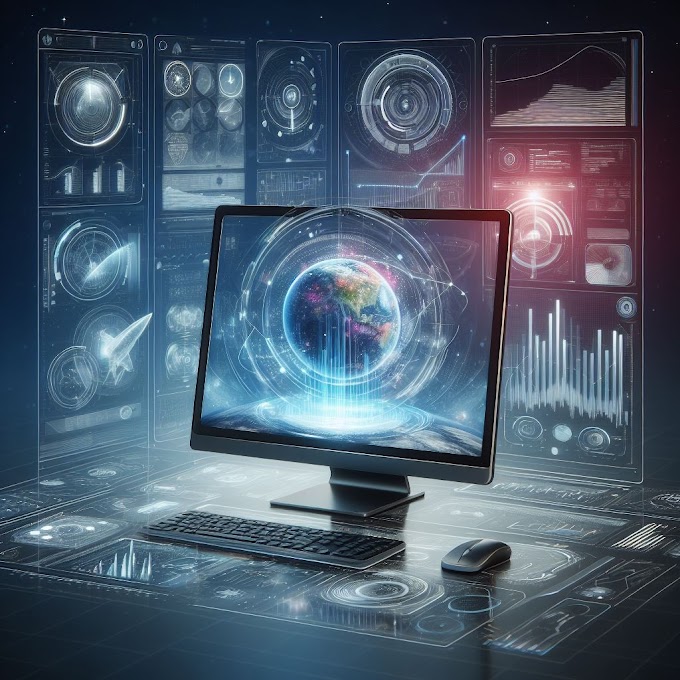Artificial Intelligence (AI) is on the cusp of a revolutionary era that promises to revolutionize business, redefine the relationship between humans and machines, and create the fabric of humanity. The future of artificial intelligence is full of limitations and challenges, and we explore the unknowns in the development of the technology.
Unlocking the potential:
1. Improved personal data: AI algorithms will unlock more personal data through a deeper understanding of personal preferences and behaviors. From self-care to education-based approaches, the days of one-size-fits-all solutions may be a thing of the past.
2. Improve the decision-making process: With the integration of artificial intelligence and big data
analysis, the accuracy and efficiency of the decision-making process will reach
a new level. From forecasts to accurate financial analysis, AI-powered insights
will enable organizations to make strategic decisions with unparalleled
precision.
3. Autonomous systems: Self-driving cars, drones and robotic assistants are just the tip
of the iceberg. The future will demonstrate the ability to self-manage without
human intervention, withstand harsh environments, perform complex tasks, and
adapt to unexpected situations.
Problems encountered:
1. Ethical problems: As artificial intelligence continues to affect people's lives,
ethical problems also increase. Issues related to algorithmic bias, data
privacy, and self-determination should be discussed from both theoretical and
managerial perspectives.
2. Unemployment: Unstoppable automation driven by artificial intelligence is raising
concerns about unemployment across the economy. As routine tasks become
automated, rework and productivity become essential to reduce the negative
impact of business interruption.
3. Security and privacy issues: The development of artificial intelligence has increased network
security and personal risk. Protecting sensitive data, strengthening defenses against cyber threats, and increasing the transparency of AI algorithms are
efforts to maintain the trust and integrity of the AI-driven ecosystem.
Collaboration:
1. Interdisciplinary collaboration: Integration of different disciplines, from computer science and
neuroscience to culture and ethics, can help increase awareness while reducing
negative emotions.
2. Human Development: Skills necessary to develop human needs and values. Creating AI that empowers people, encourages collaboration, and puts integrity first is critical to ensuring technology works best for people.
3. International cooperation: Solving problems related to various cultural heritage rights requires international cooperation and coordination. International systems, standards and regulatory frameworks should be developed to support the promotion of accountability and the dissemination of international intelligence.
Conclusion:
The future of artificial intelligence is
full of possibilities and uncertainties and invites people to embark on a
journey of understanding, discovery and innovation. As leaders of this
technological revolution, we have a responsibility to lead it with vision,
imagination and ethics. By harnessing the power of artificial intelligence and
disaster prevention, we can usher in an era where technology leads to the
progress and prosperity of humanity.
KEYWORDS: artificial intelligence is the future, future of artificial intelligence, artificial intelligence in the future, what is the future of AI





















